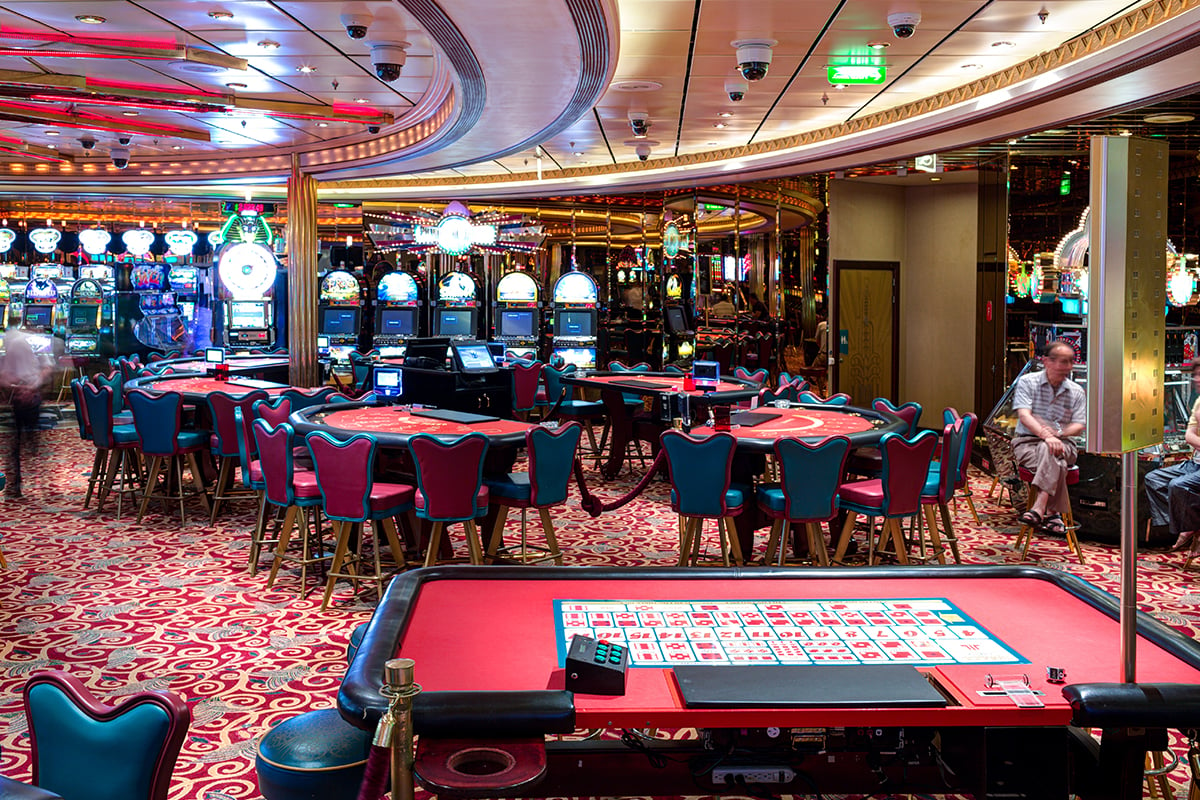Latest in Casino News: New Developments in Gambling Regulations

A world of gambling games is continuously changing, influenced by changing laws, technological progress, and evolving player preferences. While authorities and gaming commissions strive to create a safe and fair space for players, the framework of casino regulations is undergoing major transformations. Understanding these shifts is important for both operators and players looking to navigate the thrilling yet complicated world of gambling.
Lately, multiple areas have proposed and implemented new policies designed to enhancing the protection of players while promoting responsible gaming. These developments not only impact the varieties of gambling games available but also how they are marketed and obtained. In this piece, we will examine the most recent regulation changes, their effects for the industry, and what players can look forward to as they interact with their favorite gambling games.
Updated Legislative Systems
New trends in gambling legislation are defining the future of casino entertainment across various jurisdictions. Governments are realizing the importance for a comprehensive oversight structure that not just shields players but also provides fair gaming and responsible gaming. These systems are designed to tackle concerns such as online gambling, cryptocurrency currencies, and advancements in the technological field, reflecting the changing setting of the casino industry.
One significant change is the introduction of tighter policies regarding transparency and player security. Casinos are now obligated to disclose concise details on probabilities, winnings, and the possible hazards associated with betting. This transition aims to enable gamblers by helping them make educated choices while also helping to fight gambling addiction through responsible gaming measures. casino on line non aams Gaming providers are expected to establish self-exclusion systems and make available resources for individuals seeking aid.
Additionally, novel laws are being applied to new technologies such as VR and distributed ledger technology in gaming activities. Regulators are developing frameworks to ensure that these advancements maintain authenticity and justice while also securing customer privacy. As the field advances, oversight bodies are adjusting to verify that innovations enhance the gaming environment while shielding both players and entities.
Impact on Game Variety
The new changes in gaming policies have created novel opportunities for games, allowing for enhanced breakthroughs and difference within the industry. As oversight agencies modernize their criteria, developers are inspired to design distinct gameplay experiences that cater to a broader market. This has resulted in a rich collection of innovative games, incorporating various topics, styles, and features that were historically ignored or limited by stricter policies.
With a less rigid regulatory environment, gaming establishments are now free to experiment with various types of games, including skill-focused games and participatory play. This change has led to a surge in fusion games that mix classic gambling features with modern gaming styles, such as electronic gaming and augmented reality. By diversifying the game offerings available, casinos can appeal to not only experienced betters but also casual players who may favor more unique choices.
Moreover, the development of regulations has highlighted clarity and equity in games, which could foster greater player confidence. As a benefit, consumers are more open to explore a wider variety of gaming experiences, realizing they are engaging with platforms that comply with updated regulations. This growing confidence enhances player participation and can ultimately boost financial success as more diverse offerings address diverse tastes and demographics in the casino sphere.
Future Developments in Oversight
As the gaming landscape evolves, regulators are progressively focused on adopting technology-based solutions to enhance clarity and fairness. The integration of blockchain technology into gaming games is anticipated to gain momentum, allowing for increased oversight of operations and ensuring that activities remain just and secure. This change could lead to a regulatory framework that welcomes these advancements, promoting confidence among gamblers and businesses alike.
In addition to tech-based integration, there will likely be a greater emphasis on safe gaming practices within the regulatory environment. Authorities are expected to implement more stringent measures to promote gambler protection, including mandatory self-exclusion programs and robust age verification processes. This move aims to safeguard susceptible populations while ensuring that the enjoyment of gambling games is preserved for prudent gamblers.
Lastly, as internet gaming continues to grow globally, alignment of oversight across different areas will become a critical need. Countries may strive to partner more closely on common standards for certification, operation, and taxation. This could lead to a more simplified regulatory framework for global operators, fostering a wider acceptance of internet casino platforms while maintaining high levels of player protection and fairness in the gaming industry.
